
The Leader's Guide to Managing Risk
A Proven Method to Build Resilience and Reliability
Recommendation
K. Scott Griffith, risk management consultant and former American Airlines chief safety officer, explains that the world is complicated and laden with risk. From the discovery of fire to today’s advanced digital technologies, humans have used their minds to survive and thrive despite risk. Everyone loves success and hopes it will continue, but people sometimes make mistakes or misunderstand their situations, and everything goes awry. People and companies make bad choices, and accidents happen, sometimes with dire consequences. However, you and your company can mitigate and manage your risk, build collaborative risk management into your culture, and even prevent some of those consequences if you understand the underlying causes of bad outcomes.
Summary
About the Author
K. Scott Griffith, founder of SG Collaborative Solutions, helped create the Aviation Safety Action Programs. A retired airline pilot and former American Airlines chief safety officer, he received the Flight Safety Foundation’s Florez Award for contributions to aviation safety and – three times – the Federal Aviation Administration’s Good Friend Award. A frequent public speaker, Griffith pioneered the development of predictive risk management strategies, including socio-technical probabilistic risk assessment (STPRA) and Reliability Management Systems (RMS).


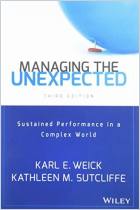
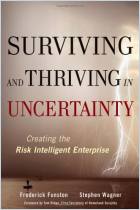
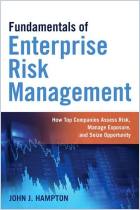
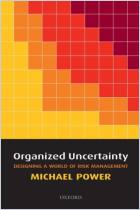

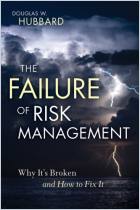



Comment on this summary
Además, al reconocer y minimizar de manera proactiva los riesgos, las compañías pueden maximizar la utilización de sus recursos económicos y prevenir la pérdida de capital por circunstancias inesperadas. En conclusión, el estudio de riesgos corporativos no solo resguarda el presupuesto presente de la compañía, sino que también favorece su expansión sostenida y su triunfo a largo plazo. Es importa que cada colaborar vele por la integridad de los recursos, la eficiencia en su puesto de trabajo y ser parte de la solución de cada detalle que permita la optimización del riesgo de nuestra empresa y que permita evitar riesgos innecesarios.